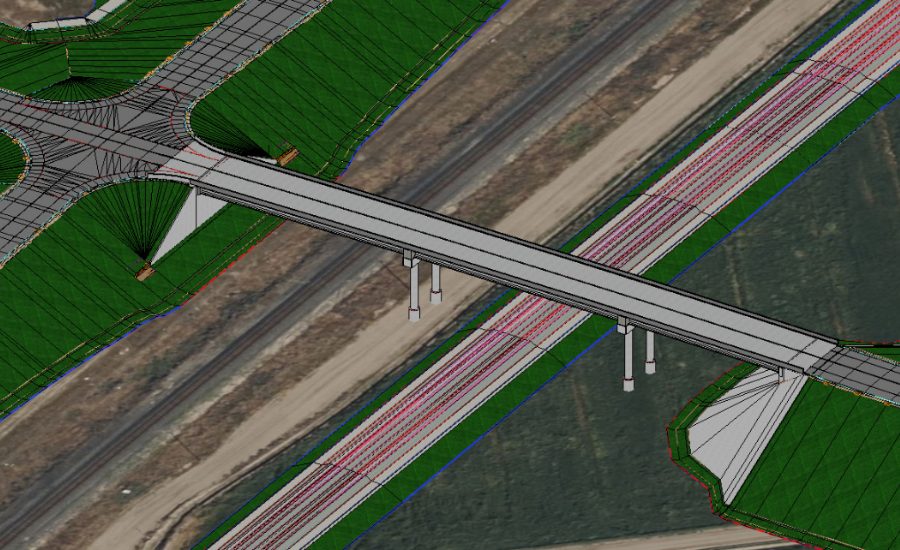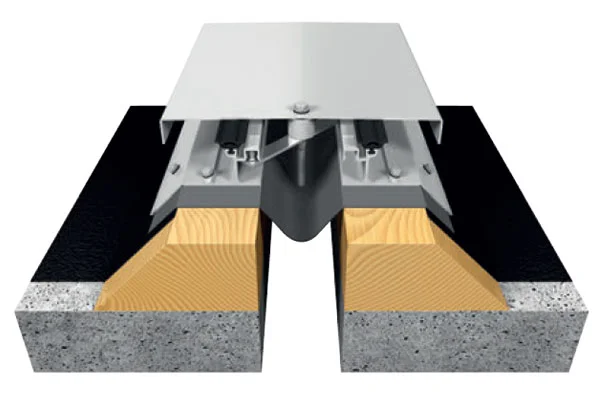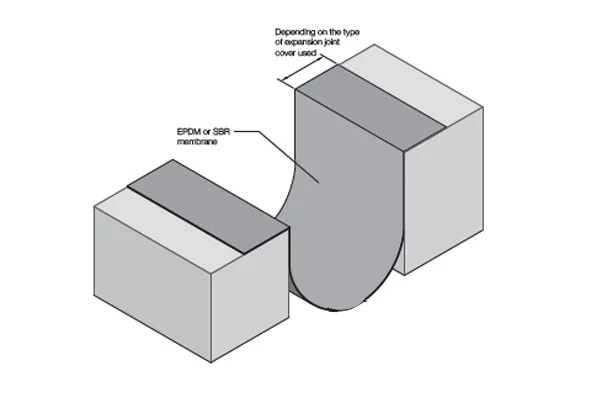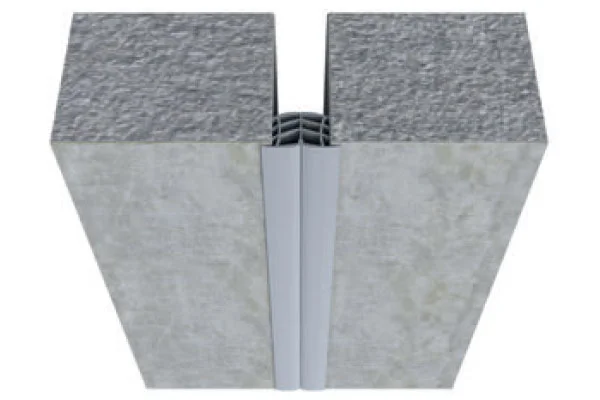
In Le Grand, Calif., the planned $112-million Le Grand Road Overcrossing Project would add a bridge to carry drivers, cyclists and pedestrians across a Union Pacific Railroad-owned line that also carries Amtrak’s San Joaquins trains. But the bridge would also cross the right-of-way for California’s planned high-speed rail system, a project that U.S. Transportation Secretary has called a “boondoggle” that should “die,” so the Federal Railroad Administration is canceling an $89.6-million Railroad Crossing Elimination grant it previously awarded to the overcrossing project.
FRA is canceling four grants totaling more than $176 million because of their relation to the state’s high-speed rail project, agency officials announced Aug. 26. Besides the grant to the California High-Speed Rail Authority (CHSRA) for its Le Grand overcrossing, the canceled awards include a $54.5-million grant to the California Dept. of Transportation for an expansion of the train station in Madera, Calif., to accommodate future high-speed service; a $24.7-million grant to the Transbay Joint Powers Authority for its Downtown Rail Extension project, which would accommodate high-speed and Caltrain commuter service traveling to the Salesforce Transit Center in San Francisco; and a $7.5-million grant to the city of San Jose for grade separations.
U.S. Dept. of Transportation representatives did not immediately answer inquiries about their reasoning for canceling the overcrossing and grade separation projects when they would improve safety along an existing rail line. But in a statement on the grant cancellations, Duffy criticized the high-speed rail project’s cost and pace.
“As of today, the American people are done investing in California’s failed experiment,” Duffy said. “Instead, my department will focus on making travel great again by investing in well-managed projects that can make projects like high-speed rail a reality.”
FRA officials said the four canceled awards were still unobligated. Duffy also directed the agency to review obligated grants related to the high-speed rail project, according to FRA.
The cancellations come in the wake of DOT rescinding two other grants to CSHRA totaling $4 billion in July. CHSRA filed a federal lawsuit challenging the decision to terminate the funding.
The new move to rescind funding “is a continuation of the Trump administration’s illegal, politically motivated, and baseless attack on California High-Speed Rail and Central Valley communities,” a CHSRA spokesperson said via email.
While that court case remains pending, CHSRA is continuing to advance its initial 171-mile high-speed rail segment. Last month, the authority announced completion of a grade separation project in Fresno, and on Aug. 21 announced that contractor Dragados-Flatiron Joint Venture completed another grade separation project in Tulare County.
“Just this week, the authority is advancing approval to purchase track and system components, moving us towards installing high-speed rail along the Central Valley corridor within the next year,” the CHSRA spokesperson said. “While opponents are recycling tired political attacks, California is building the future of American transportation.”
Partnerships Possible
CHSRA also released a supplemental project update report on Aug. 22 detailing ways it can continue to advance the effort, possibly including the use of public-private partnerships. Officials with the authority say that its current funding, along with a proposal from Gov. Gavin Newsom (D) to dedicate at least $1 billion each year from the state’s cap-and-invest program to high-speed rail through 2045, should be sufficient for the 171-mile Merced-Bakersfield early operating segment currently under construction.
To fund further planned segments of the system, CHSRA looked at several potential funding scenarios. Those options include P3s, which could allow the authority to leverage private financing to accelerate construction and delivery of high-speed rail service, according to the report. However, the state likely needs to demonstrate its long-term funding commitment to the project if it wants to draw private investors, the report notes.
“Since its inception, this program has faced almost unprecedented hurdles, including a lack of continuous political support, insufficient jurisdictional authority, costly and duplicative regulatory requirements, and chronic underfunding,” CHSRA CEO Ian Choudri wrote in the report. “Despite these constraints, the authority continues to advance the program with measurable results.”








